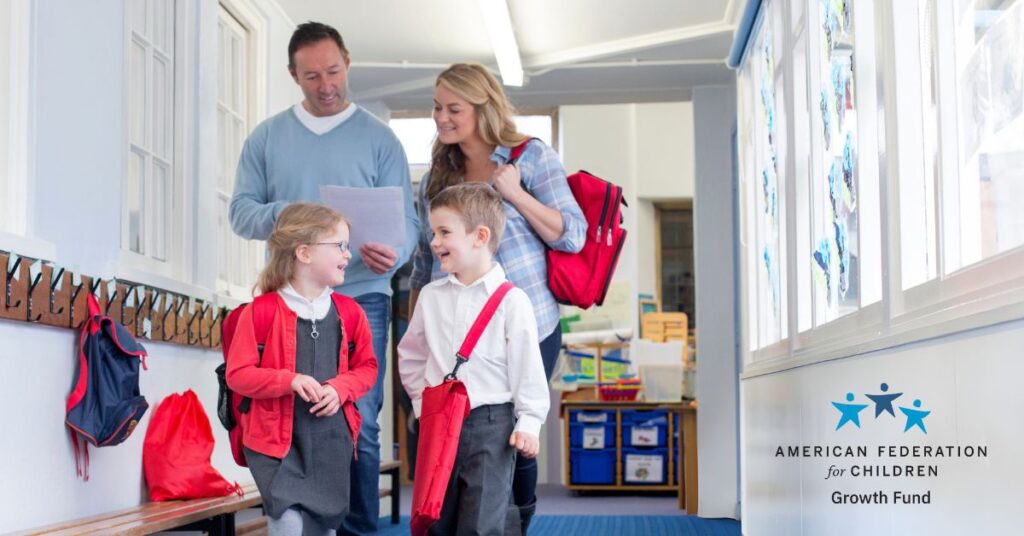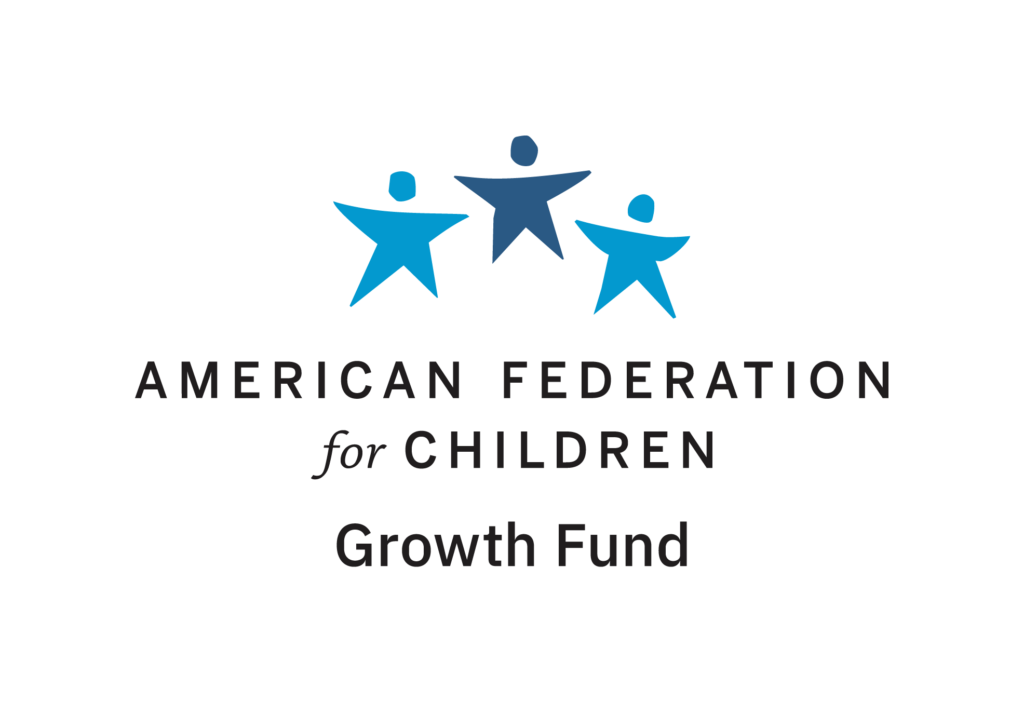Written by Bruce Hermie, national director for implementation at the American Federation for Children (AFC), bhermie@federationforchildren.org
The past four years have seen an unprecedented explosion of opportunity for families in over 30 states to use school choice programs to choose the educational environment that best suits their children. With over 1.3 million students now benefitting from school choice scholarships, demand continues to grow, and state legislatures continue to pass programs to meet that demand. While school choice opportunities continue to gain popularity, many states and families find themselves outside looking in because of non-supportive legislators and governors.
For more than two years, advocates and legislative leaders have been working at the federal level to craft and promote the Educational Choice for Children Act (ECCA). This piece of legislation would create a $10 billion federal tax credit that would allow individuals and corporations to make donations to scholarship-granting organizations (SGOs) across America that would award scholarships to eligible families to fund a myriad of educational expenses, including private school tuition. Students in grades K-12 in every state and every school setting are eligible. The family income threshold for a student to be eligible is currently set at 300 percent of median gross income by region as determined by the U.S. Department of Housing and Urban Development. Up to 85-90 percent of K-12 students in every state would be eligible.
So, what would passage of the ECCA mean for families who would like to choose Catholic schools for their children’s education?
The ECCA would be the first program available in all 50 states and help reduce or eliminate the cost barrier for families who desire a Catholic education for their children. Many Catholic schools in states with school choice programs have opened their doors to an increasing number of students using school choice scholarships for more than three decades. Under the current version of the proposed program, each state would be allocated a minimum of $20 million in federal tax credits. The other $9 billion would be allocated on a first-come, first-served basis to meet demand.
In my role as national implementation director for the American Federation for Children (AFC), I consistently hear from families in states with no school choice programs who are desperate for opportunity. The ECCA would provide them with a pathway to options for their children’s education, allow more Catholic schools to further fulfill their mission and partner with those parents to provide a quality Catholic education.
I am grateful to NCEA for their support of the ECCA and recognition of the desire of parents attending Catholic schools or considering Catholic school enrollment to have this option and support passage of the bill. As part of that commitment, NCEA will offer a session on ECCA at the NCEA 2025 national convention in Orlando, FL, April 22–24. For that session, I will be joined by my colleague Lauren May, director of advocacy at Step Up for Students in Florida, and other advocates to provide updates on ECCA, how diocesan and school leaders can advocate for passage and what implementation of the program could look like for families, SGOs and schools should it pass. We hope you will join us to learn more, engage and, ultimately, help bring this opportunity to fruition for families who desire a Catholic education for their children.

About the Author: Bruce Hermie serves as the national director for implementation at the AFC, a national school choice organization that engages in the establishment, expansion and defense of school choice programs nationwide. Bruce is the central hub and organizer of AFC’s implementation work across the country. He founded and directs AFC’s School Leader Fellowship and is the author of the NCEA published “From the Schoolhouse to the Statehouse: The Role of School Leaders in Legislative Advocacy through the Lens of School Choice”. Prior to his time at AFC, Bruce served as principal at Our Lady of Mount Carmel Catholic School in Tempe, AZ.

